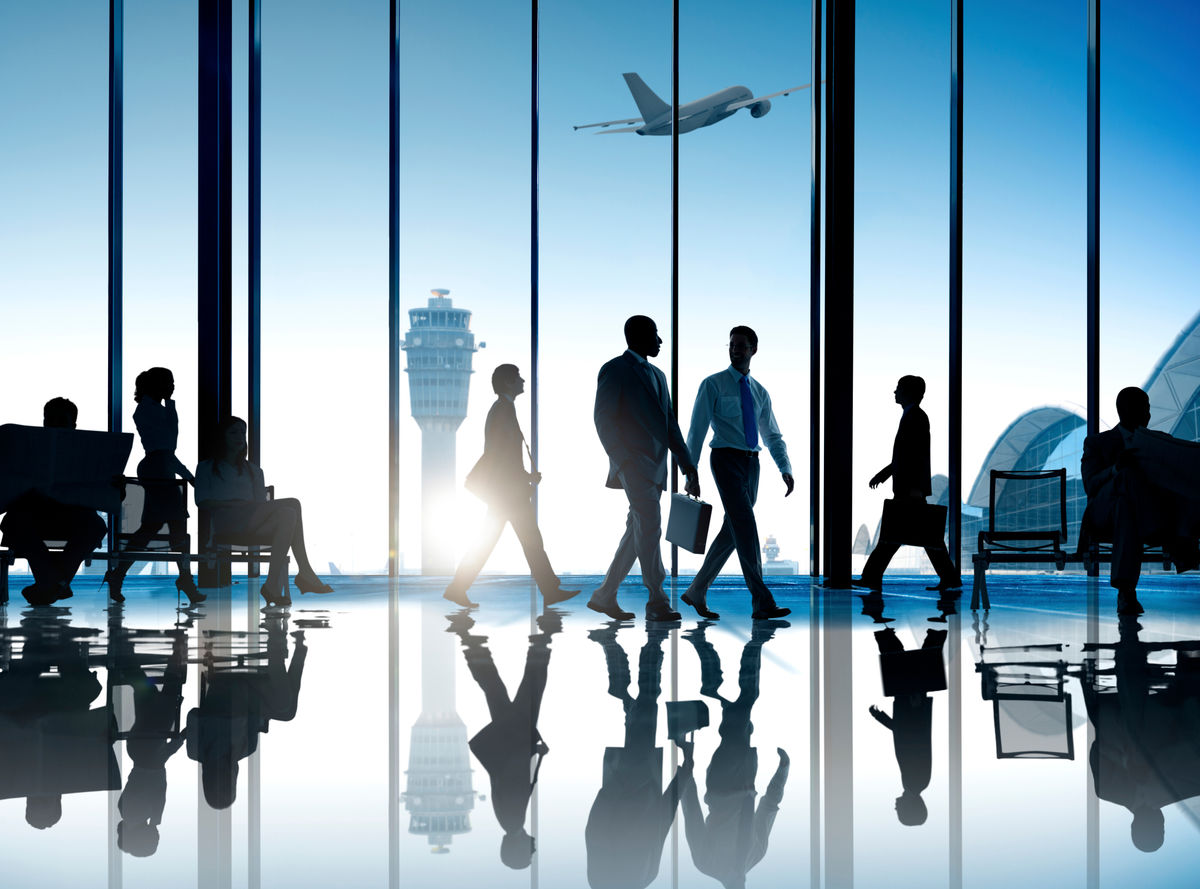Business travelers from around the world are increasingly concerned with equal opportunities for business trips, travel disruptions and a less flexible business travel environment due to cost-saving measures, according to the sixth annual SAP Concur Global Business Travel Survey.
The survey considered the answers of 3,750 business travelers in 24 markets across the globe to identify the major concerns and thoughts of business travelers this year, which was predicted to be a successful and popular year for business travel worldwide.
“The current economic environment is driving tension among business travelers, travel managers, and company leadership,” according to Charlie Sultan, president of Concur Travel at SAP Concur. “Balance between flexibility and cost is delicate, not to mention pressures from new distribution channels and ongoing geopolitical issues. This year’s report demonstrates the need for a mutual understanding of these realities and compromise in corporate travel programs.”
Equal Opportunities are Hard to Find
While 76 percent of global business travelers enjoy traveling for their job, and 67 percent agree that it’s a critical component for advancing their careers, 66 percent feel they haven’t had an equal opportunity to travel compared to other colleagues, an increase of 4 percent from last year’s survey.
The business travelers that feel the most left out are those in less senior positions (19 percent), those who might be judged by their age (18 percent) or those who are parents or caretakers (14 percent).
Women are more at risk of being passed over for their age (20 percent of women vs. 17 percent of men), their status as a parent (17 percent vs. 13 percent) and their gender (14 percent vs. 9 percent).
Additionally, members of the LGBTQ+ community also feel left out of these opportunities because of their physical appearance (20 percent of LGBTQ+ vs. 12 percent of gen pop), disability (14 percent vs. 8 percent) or sexual orientation (20 percent vs. 7 percent).
Travel Disruptions Disrupt Eagerness to Travel

Travelers can have many concerns. (Photo Credit: Adobe Stock / NaMong Productions)
A large majority of business travelers have been significantly impacted by travel disruptions in the last year alone (88 percent), encountering challenges like delays and cancellations that add to their business trip length (38 percent) or force them to reschedule or cancel critical meetings (38 percent).
Those impact more young adult business travelers than older travelers (94 percent for Gen Z and 90 percent for millennials vs. 68 percent for boomers). Younger generations are more likely to mix business with pleasure travel, extending their travel, which could create this increase in travel disruptions.
So with the challenges of equal opportunity for business trips, do travel disruptions cause travelers to decline potential business trips? The answer seems to be yes: 44 percent of business travelers decline trips due to safety, with another 29 percent willing to cancel due to a likelihood for delays or cancellations. Another 33 percent would decline a trip due to safety concerns around the mode of transportation required.
Business travelers have had to account for weather or strikes or other travel disruptions, with 80 percent taking steps to work through these issues, with 34 percent booking extra time for arrival.
“Planning for potential disruptions can mitigate stress and ensure smoother travel experiences. Informed travelers are naturally safer because they know how to mitigate risks and find alternatives when disruptions occur,” according to Suzanne Sangiovese, director of travel and technology at Riskline, a world-class travel risk intelligence company. “Companies that invest in travel management and travel risk intelligence solutions can effectively help travelers stay updated on travel advisories and real-time destination alerts. Providing travelers with tools that can empower them to make swift, informed decisions, ensuring they can adjust plans efficiently and safely, is key.”
Cost-Cutting Hurts Flexibility
Business travelers have recognized that their company’s focus this year is on meeting employees’ need for flexibility (40 percent), cutting back on travel costs (31 percent) and increasing sustainable travel options (29 percent).
Yet 91 percent of business travelers across the globe found their companies cutting back on things like blended travel, with 27 percent of businesses allowing remote working while traveling instead of accepting leave days.
Travelers don’t like this cost-cutting measure: one in five business travelers (22 percent) are willing to reject a business trip opportunity if it doesn’t include an option to extend the trip for personal travel.
Companies are also more willing to cut back on their workers’ comfort, rejecting staying overnight in favor of a long travel day (28 percent), saving money on flights with connections instead of direct flights (28 percent), rejecting business or premium class seats in favor of economy (27 percent) and encouraging public transportation over private (27 percent).
For the latest travel news, updates and deals, subscribe to the daily TravelPulse newsletter.

